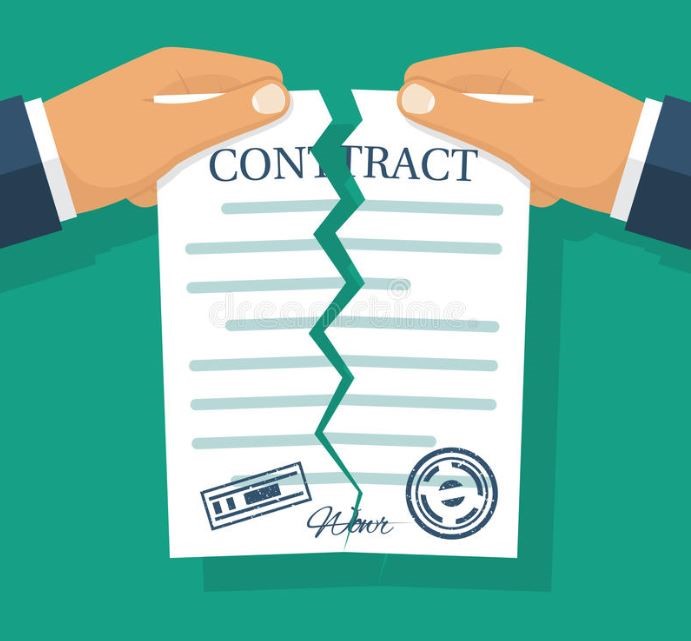Contracts can be modified and excused by the current COVID-19 pandemic pursuant to the doctrines of commercial impracticability, impossibility and frustration of purpose.
As businesses large and small face, the prospect of contractual breaches due to the impact of COVID-19 and related governmental orders, force majeure provisions and other contractual defenses are coming into focus. This is clearly the case as the result of the worldwide COVID-19 pandemic, the World Health Organization declaring the COVID-19 outbreak a pandemic and a Public Health Emergency of International Concern, multiple declarations of national emergency by President Donald Trump, and all states imposing either stay-at-home restrictions or guidelines.
A contract may either explicitly list all events that qualify as a force majeure event or generally define a force majeure event as an event beyond the parties’ control. While the latter provision leaves room for interpretation, courts are the final authority on whether an event qualifies as a force majeure event under a given contract and whether a party’s performance is truly impossible.
It should be noted that the declaration of pandemic, standing alone, without a specific reference to “pandemics” in a force majeure clause, will likely not automatically constitute a force majeure event. Alternatively, if contract terms are silent on pandemics, epidemics, quarantine, or other viral outbreaks, there may be other language in the contract that triggers a force majeure clause.
Ultimately, whether a party can exercise its rights under a force majeure clause or whether a party may invoke a common law defense to nonperformance is a question answered by legal analysis of the subject contract based on the facts at hand.
Do not hesitate to contact the attorneys at Tishkoff if you have questions regarding litigation, or business or employment law.

